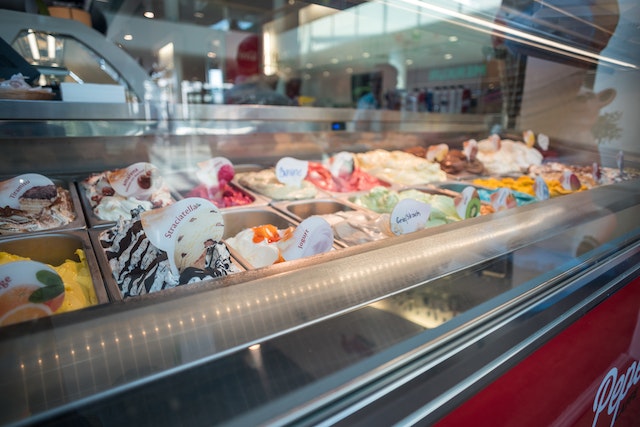Elevate Your Home Décor: Compelling Reasons to Consider Ceiling Texturing
Are you looking to transform the ambiance of your home? While most people focus on wall paint, furniture, and flooring, one aspect often overlooked is the ceiling. However, adding texture to your ceiling can dramatically enhance the overall aesthetic appeal of a room. Ceiling texturing involves applying various materials or techniques to create a textured … Read more

